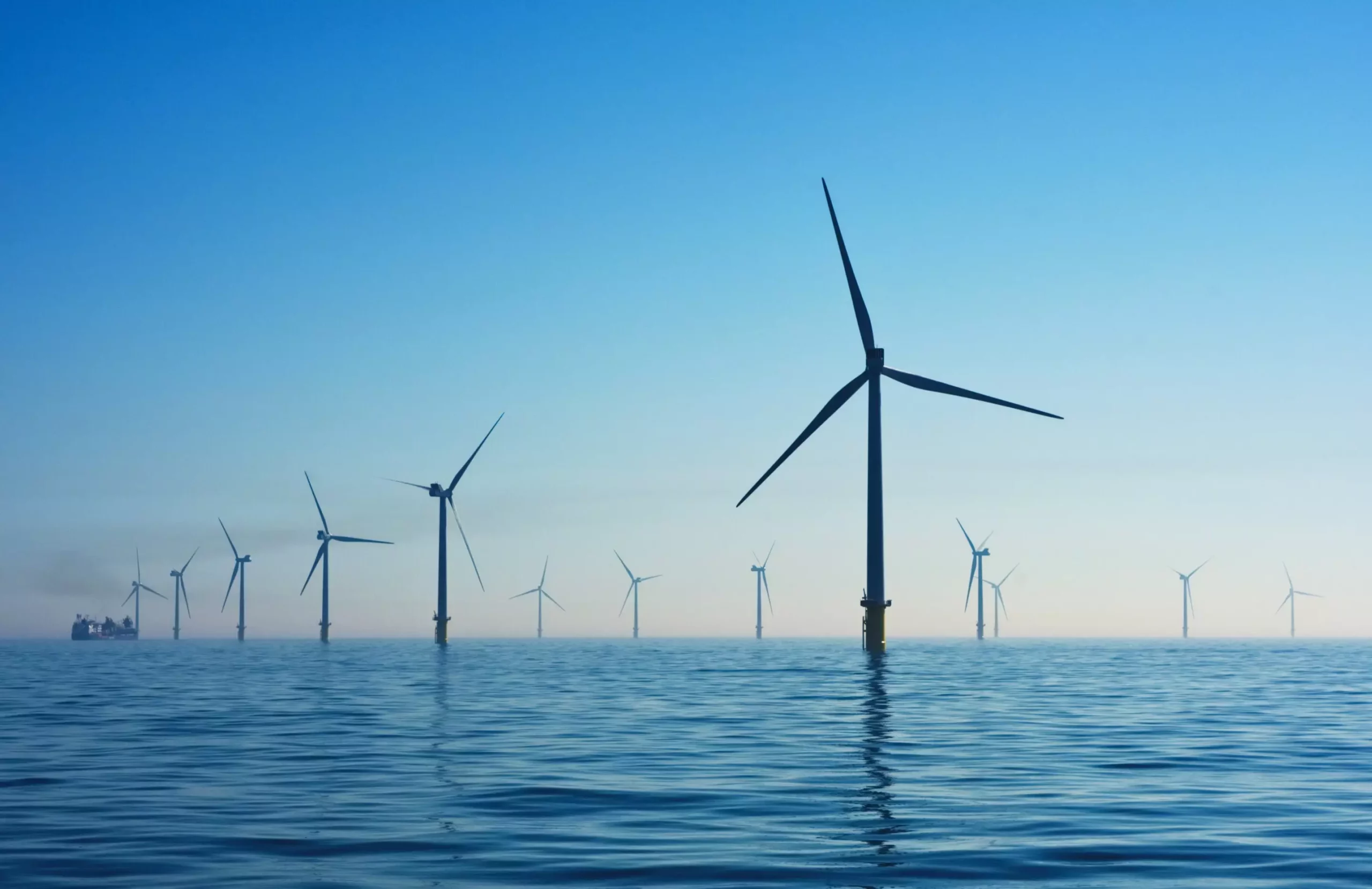The small island of Nantucket, renowned for its picturesque views and rich history, has recently found itself embroiled in a contentious debate surrounding offshore wind projects. In a bold move, residents, represented by the community group ACK For Whales, have filed a petition with the Supreme Court to contest a decision made by a federal appeals court. This legal maneuver arises from growing concerns that federal agencies are rushing the approval of offshore wind projects without adequately weighing their potential negative impacts on the ocean ecosystem. These concerns have intensified in the wake of a significant incident involving a malfunctioning turbine blade from the Vineyard Wind project, which has raised alarms about the reliability and safety of offshore wind technology.
Central to ACK For Whales’ arguments is the belief that federal decision-makers are neglecting their duties under the Endangered Species Act (ESA). The group contends that the permitting agencies have failed to recognize the threats posed to the endangered North Atlantic right whale, whose population is critically low. This neglect raises profound ethical questions about the balance between pursuing renewable energy and protecting vulnerable marine life. Vallorie Oliver, the group’s president, is particularly vocal about this issue, arguing that the July turbine blade failure is indicative of the broader risks involved. She suggests that prioritizing political agendas over ecological science could lead to dire consequences for the marine ecosystem.
The case has reached an essential juncture, especially following the recent Supreme Court Loper Bright decision, which has the potential to significantly reshape federal agency authority. ACK For Whales’ attorney, Nancie Marzulla, emphasizes that the judicial branch must possess the power to review federal agency interpretations of laws. This argument stands in contrast to the First Circuit Court of Appeals’ stance, which prioritized deference to federal agencies in interpreting the ESA. Marzulla’s insistence that judicial oversight is necessary reflects a burgeoning understanding of the role courts must play in ensuring that environmental laws are enforced rigorously.
In a broader context, ACK For Whales’ lawsuit could become a landmark case for offshore wind project regulation across the United States. It raises issues about the legality and ethics of expedited federal approvals that might overlook environmental protection laws. As the country pivots towards renewable energy solutions, the stakes of such cases could set precedents that impact future energy projects nationwide.
The tensions surrounding this issue extend beyond the legal realm and into the heart of community discourse. Some local fishermen and residents have been criticized for lacking interest in safeguarding the right whales. However, this perception neglects the complexities inherent in local economy concerns alongside environmental protection. Residents are advocating for a collaborative approach that respects both the need for sustainable energy sources and the health of endangered species.
By calling for a moratorium on all offshore wind developments, ACK For Whales is not just aiming to stall wind projects; they are emphasizing the necessity for thorough scientific and ecological assessment before proceeding. This call for caution reflects a collective desire among community members to engage in the wind energy discussion with a nuanced perspective that honors the environment.
The petition to the Supreme Court by ACK For Whales symbolizes more than just a legal struggle; it represents the island’s broader commitment to environmental stewardship. As Nantucket navigates the complexities of modern energy needs and ecological preservation, community voices are crucial in shaping the future of both renewable energy development and marine conservation. The intersection of law, community engagement, and environmental science creates a pivotal moment in which residents strive not only to protect their local ecosystem but also set an example for how similar debates might unfold across the nation. With the Supreme Court potentially stepping in, this saga may prove vital in determining how the balance between renewable energy initiatives and environmental protection is approached in the years to come.



Leave a Reply